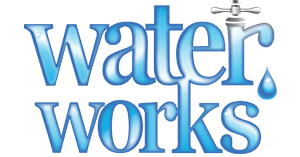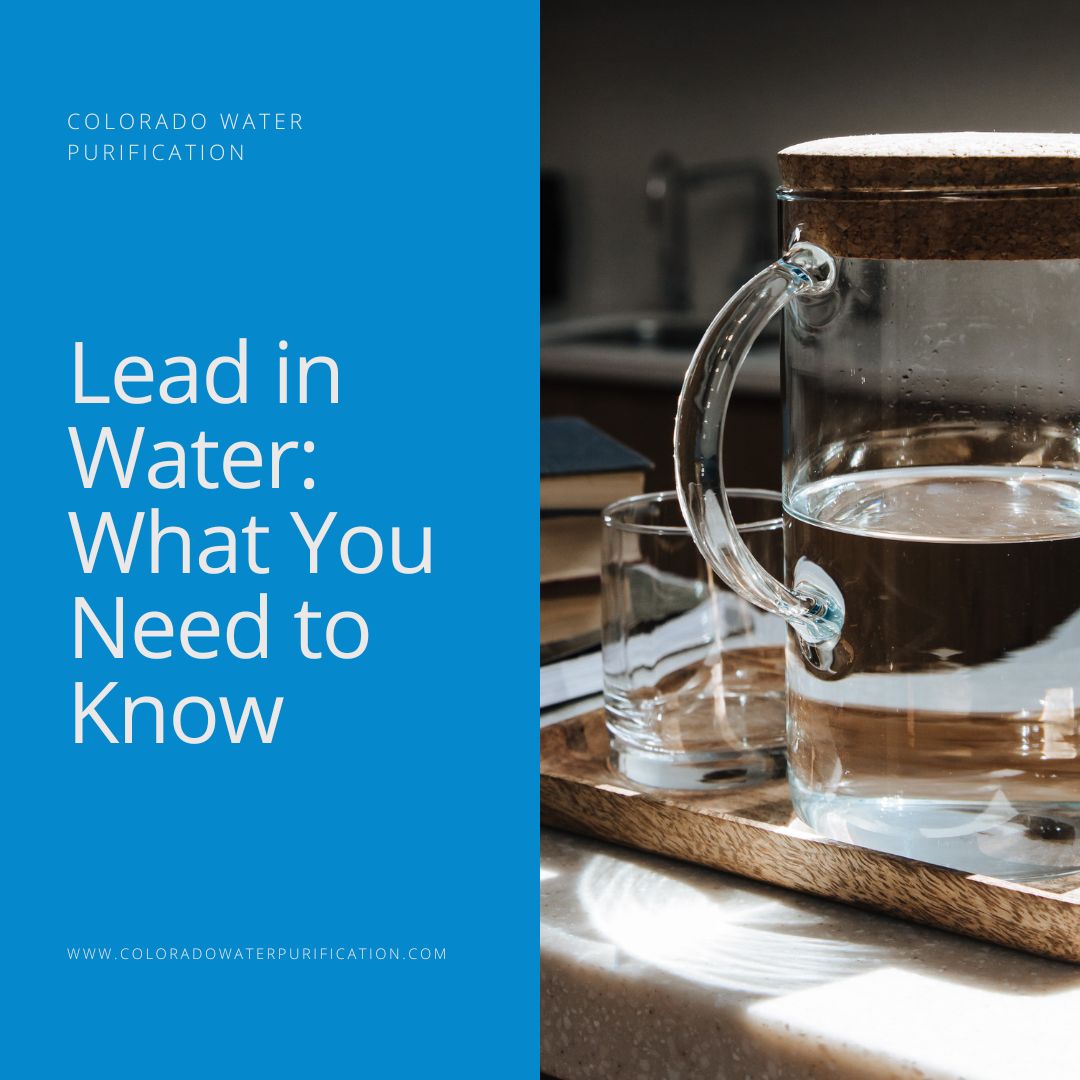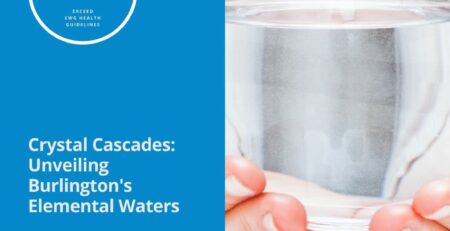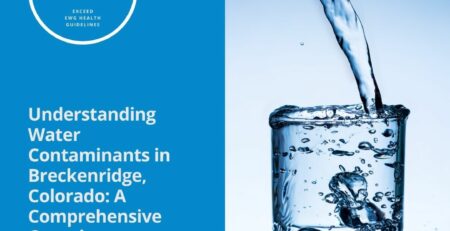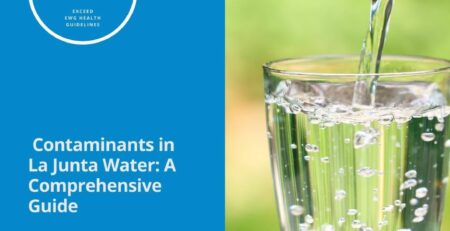Lead in Water: What You Need to Know
Lead in water is a serious issue that many people are not aware of. Lead can cause serious health problems, so it is important to learn about lead in water and what you can do to protect yourself and your family. In this blog post, we will discuss the dangers of lead in water and what you can do to reduce your exposure. We will also provide tips for testing your water for lead and getting help if you have been exposed to lead in water.
The History of Lead in Drinking Water
Lead has been used in plumbing materials for centuries. It was only recently that the health hazards of lead exposure were fully understood. Today, we know that even low levels of lead exposure can cause serious health problems. Lead is a neurotoxin that can damage the brain and nervous system. Lead exposure can also cause anemia, high blood pressure, and kidney damage.
Lead exposure is particularly dangerous for young children and pregnant women. Lead can cross the placenta and damage the developing brain of a fetus. Children who are exposed to lead are more likely to have learning and behavior problems, lower IQ scores, and attention deficit disorder.
Why Lead in Water is Dangerous
Lead in water is dangerous because lead is a neurotoxin that can damage the brain and nervous system. Lead exposure can also cause anemia, high blood pressure, and kidney damage. Lead exposure is particularly dangerous for young children and pregnant women. Lead can cross the placenta and damage the developing brain of a fetus. Children who are exposed to lead are more likely to have learning and behavior problems, lower IQ scores, and attention deficit disorder. Lead exposure is also linked to miscarriages, stillbirths, and premature births. Pregnant women who are exposed to lead may also have an increased risk of preeclampsia. Lead in water can come from a variety of sources, including lead pipes and fixtures, faucets, solder, and brass fixtures. Lead can also enter water through leaching from Lead paint on homes built before 1978.
Lead in water is a serious problem because it can cause a variety of health problems, including damage to the brain and nervous system. Lead exposure can also cause anemia, high blood pressure, and kidney damage. Lead is particularly dangerous for children because it can cause developmental problems. Lead exposure can also cause behavior problems and learning difficulties. Lead in water is a serious problem that needs to be addressed. There are a variety of ways to reduce lead exposure, including using lead-free pipes and fixtures, installing filtration systems, and using bottled water. Lead in water is a serious problem, but it can be reduced with the right steps.
Effects of Lead in Drinking Water
Lead is a metal that can be found in many places, including in the earth’s crust. Lead can enter drinking water when plumbing materials that contain lead corrode. Lead can also enter drinking water through leaching from lead pipes and solder. Lead is a serious health concern because it can cause a variety of health problems, including brain damage, kidney damage, and high blood pressure. Lead is especially harmful to children and pregnant women.
Home Lead Water Testing
Lead in drinking water is a serious problem, but you can take steps to reduce your exposure. The first step is to have your water tested for lead. Home lead water testing kits are available at most hardware stores. You can also contact your local water utility to find out if they offer free or reduced-cost testing. Once you know the level of lead in your water, you can take steps to reduce your exposure.
If your water contains lead, there are a few things you can do to reduce your exposure:
- Use cold water for drinking and cooking. Lead dissolves more easily in hot water.
- Do not boil your water to remove lead. Boiling water will not remove lead.
- Run your water for 30 seconds to 2 minutes before using it for drinking or cooking. This will flush out any lead that may have dissolved in the water while it was sitting in the pipes.
- Use a filter that is certified to remove lead. Lead filters are available for both home and public drinking water systems.
